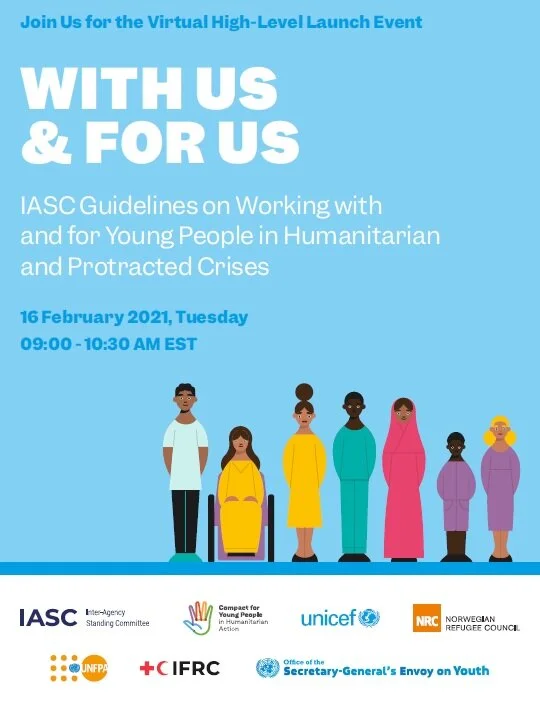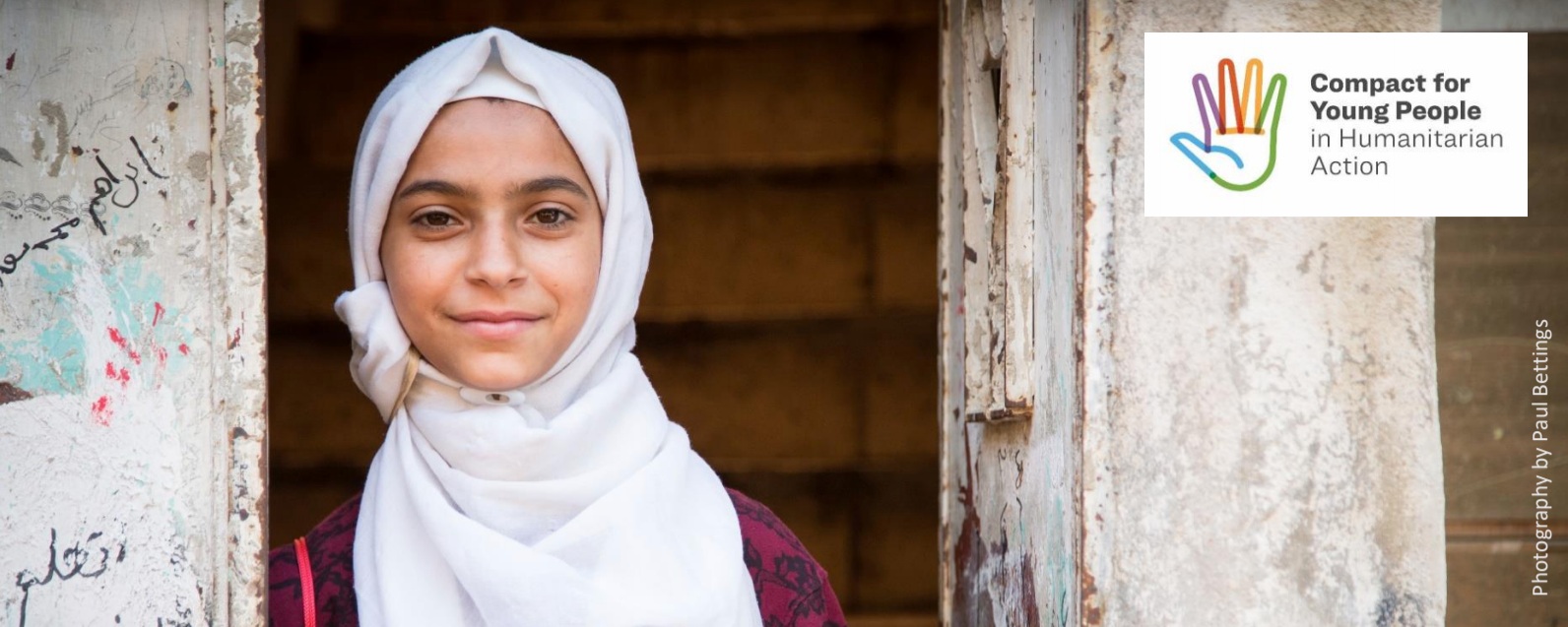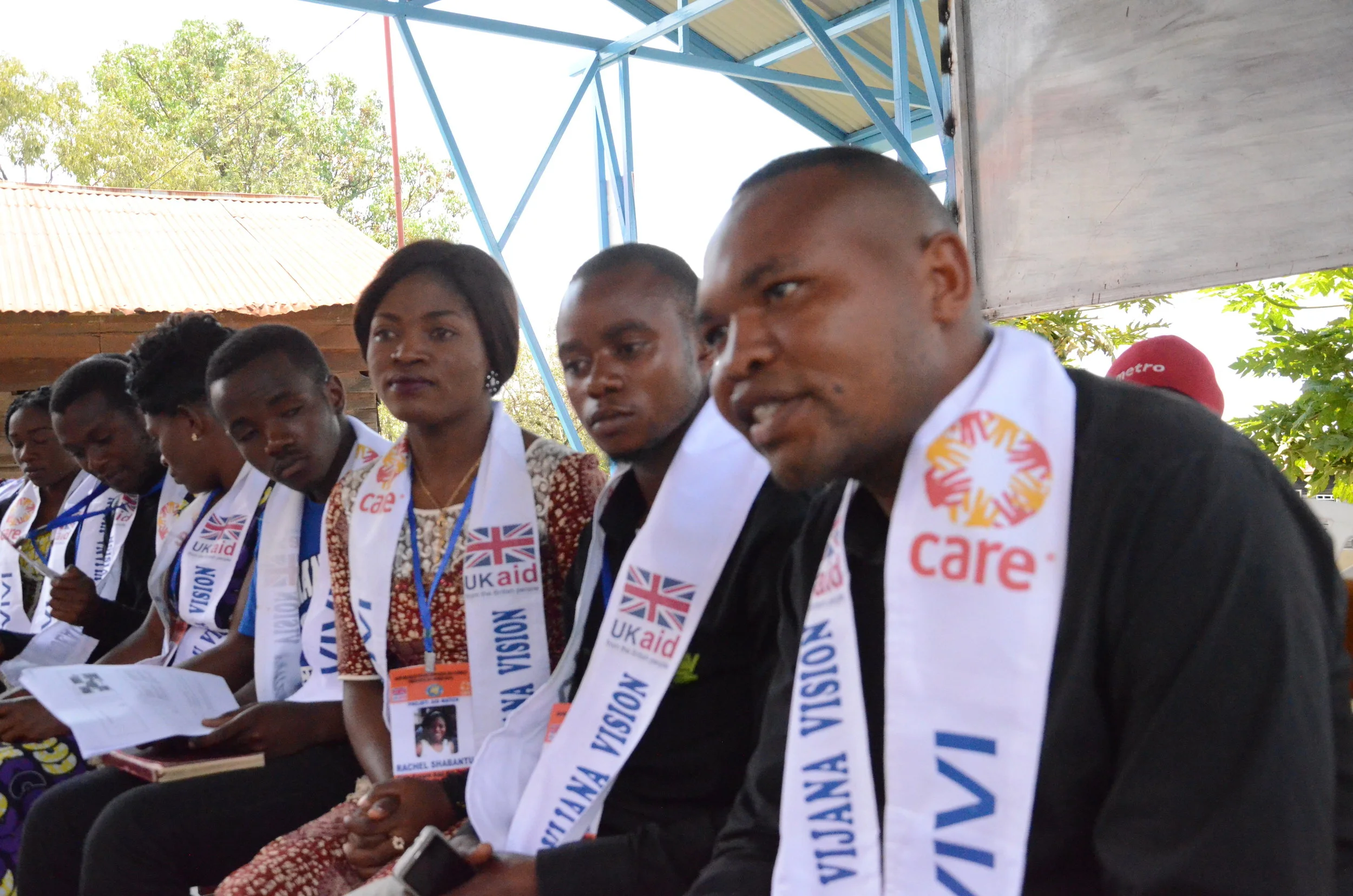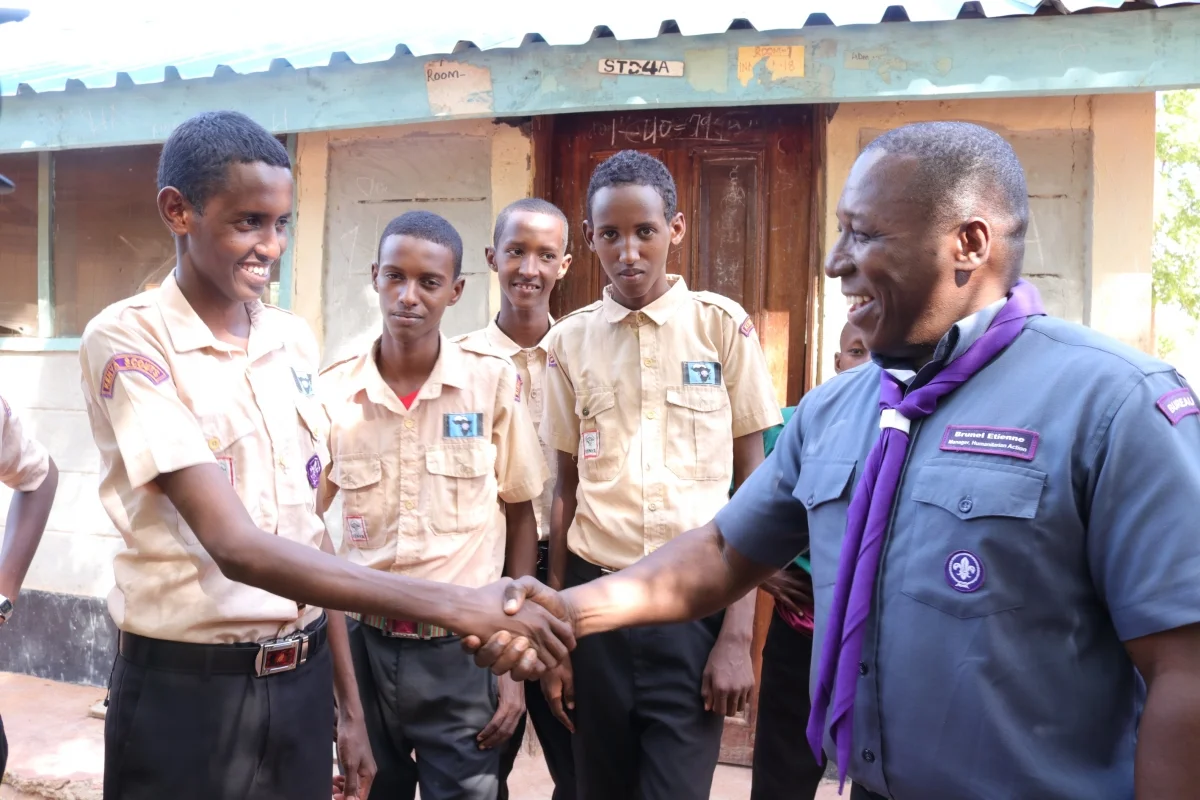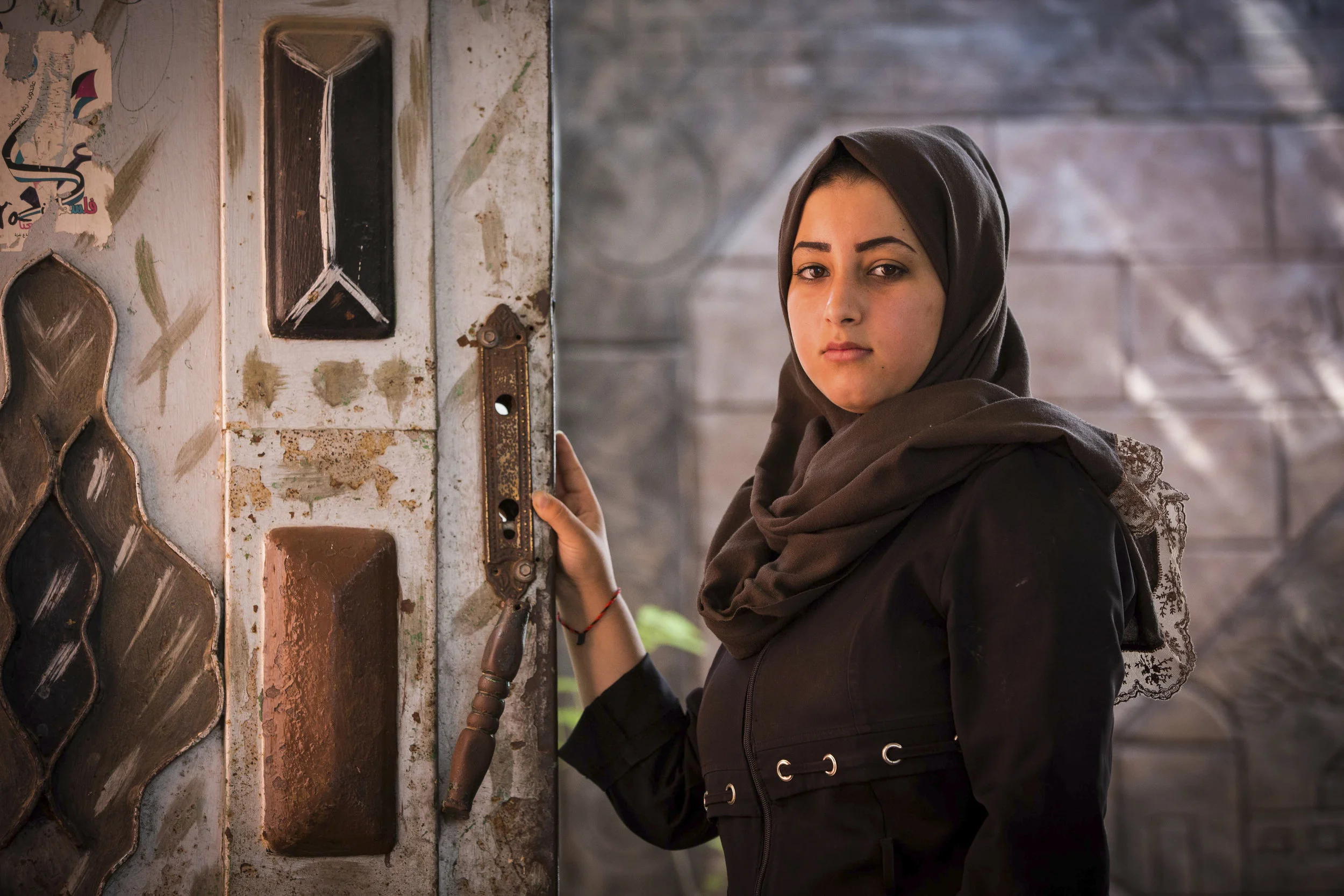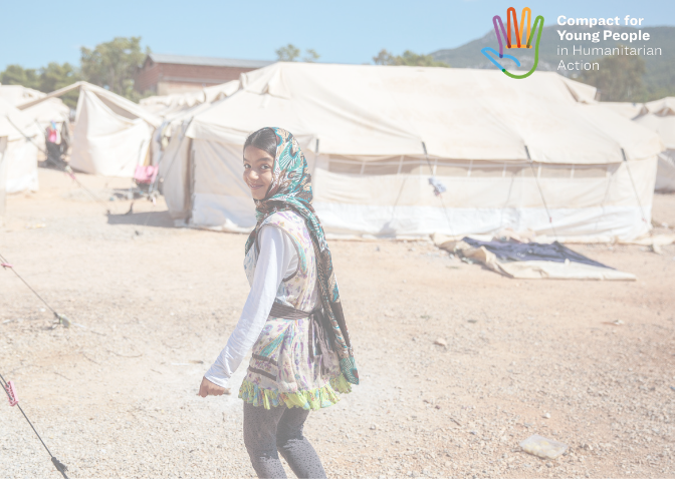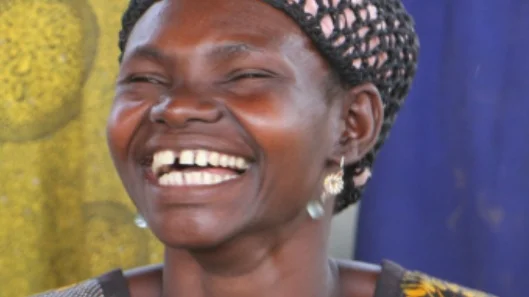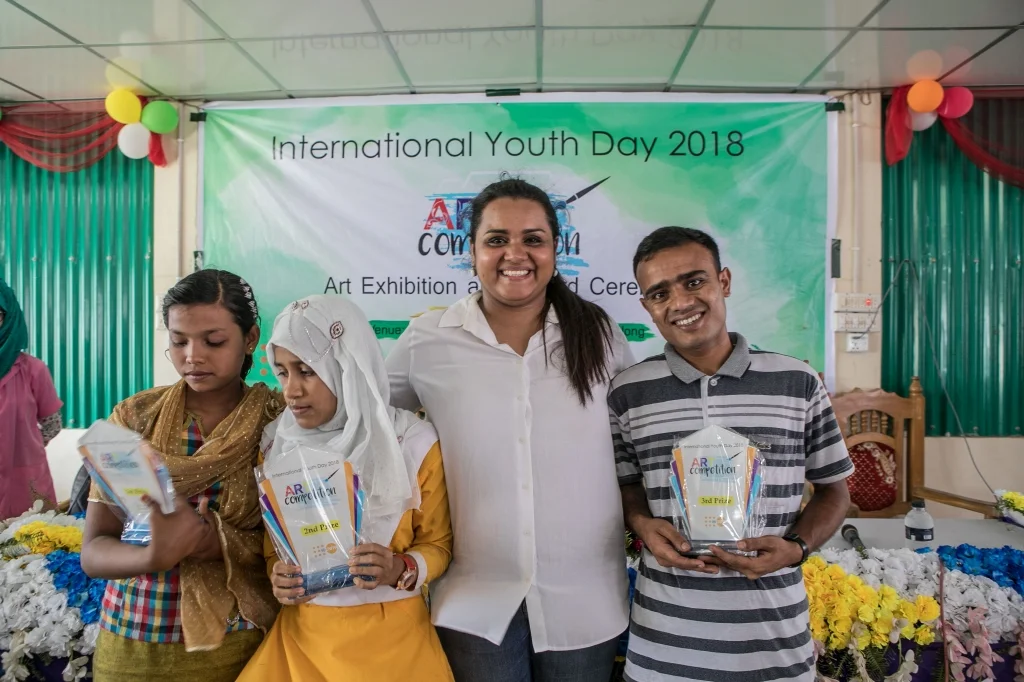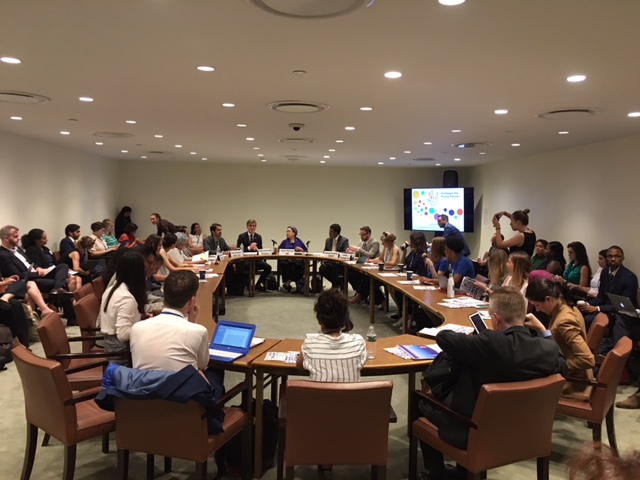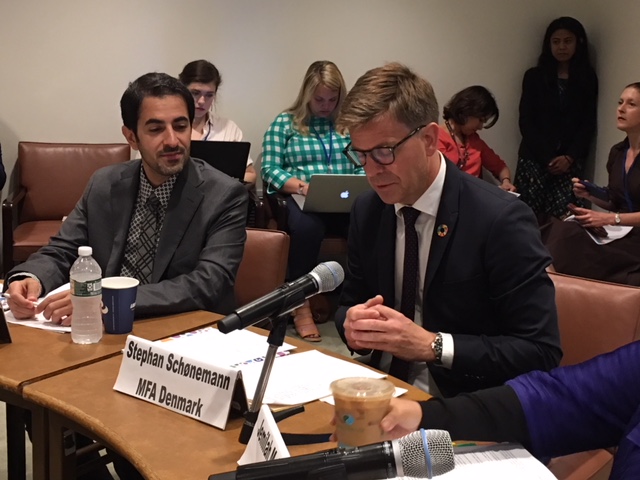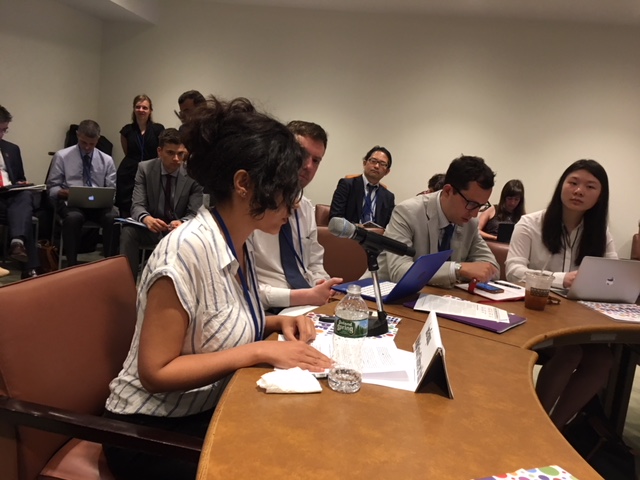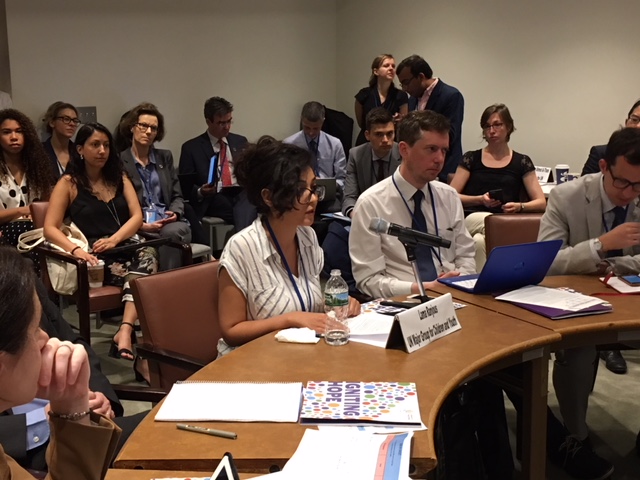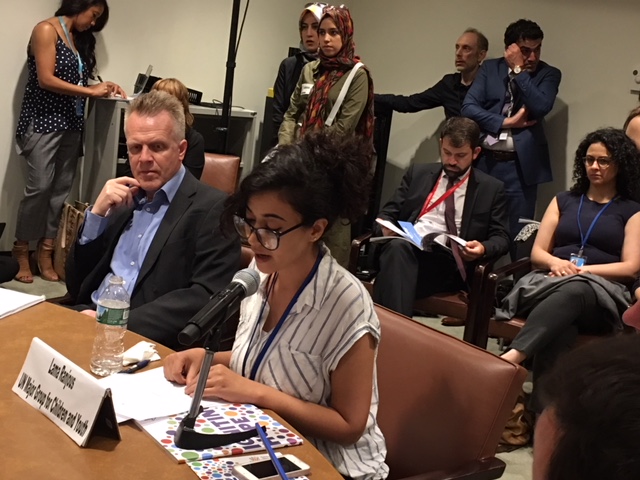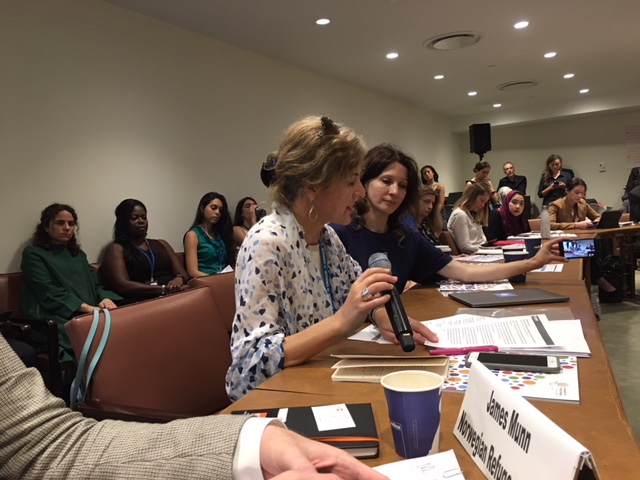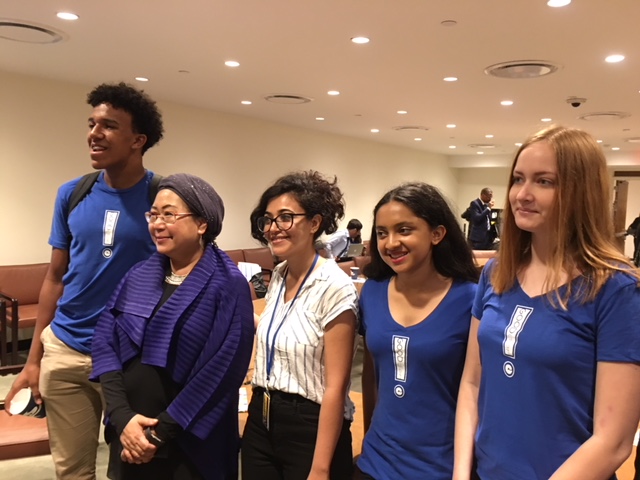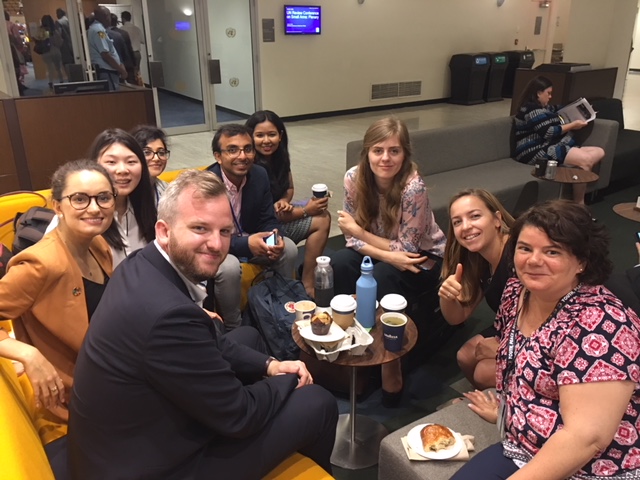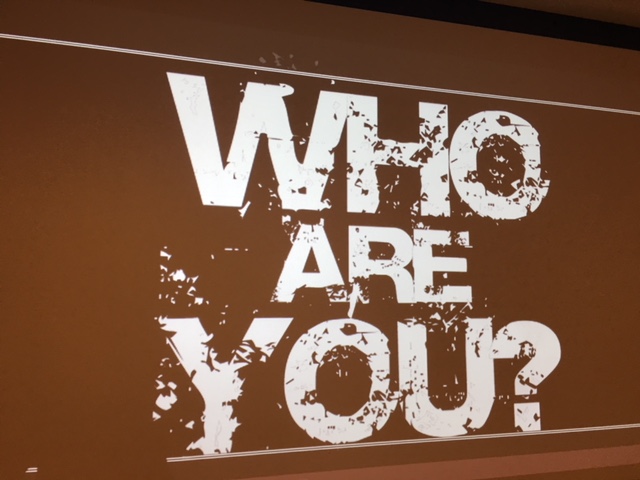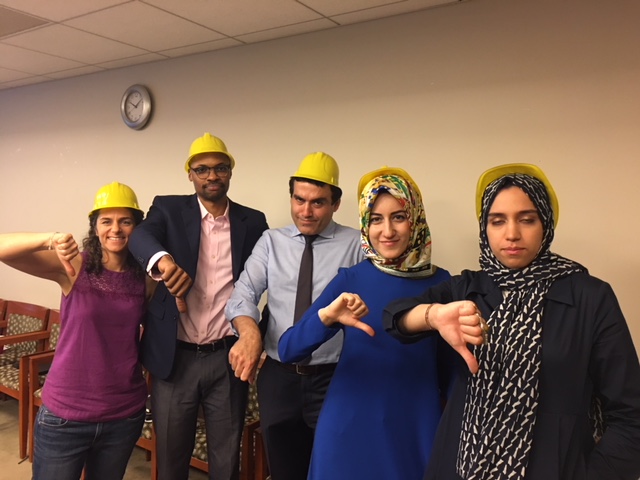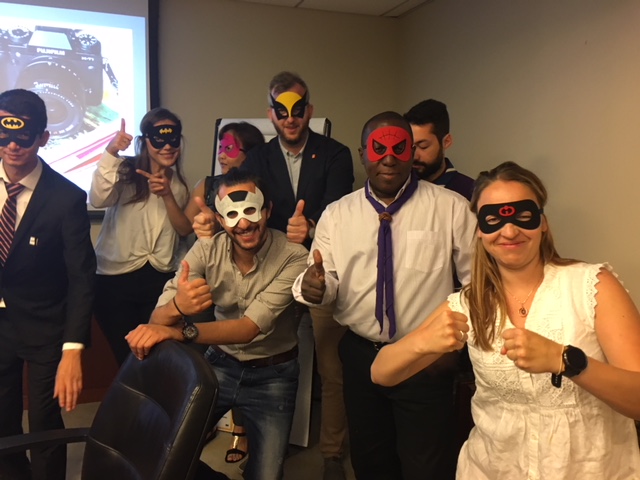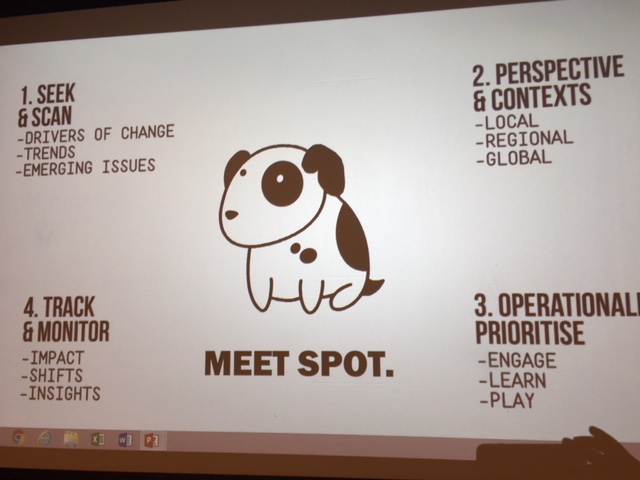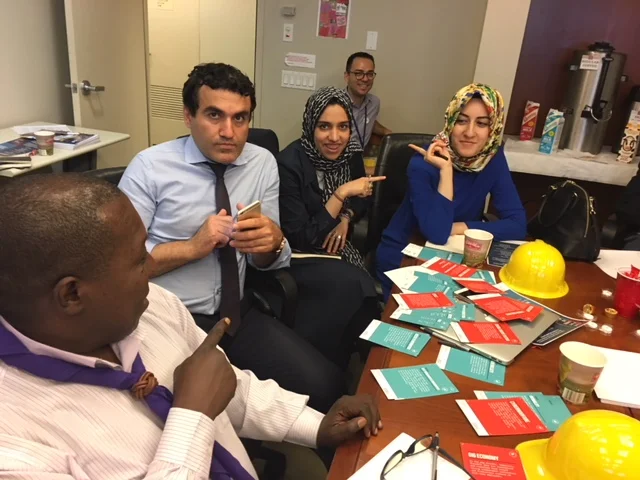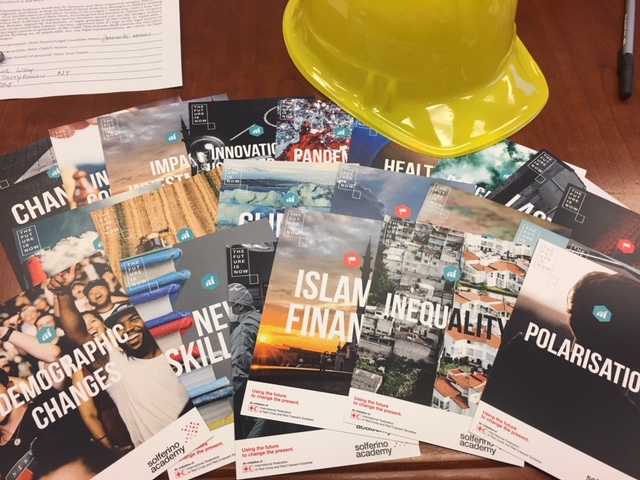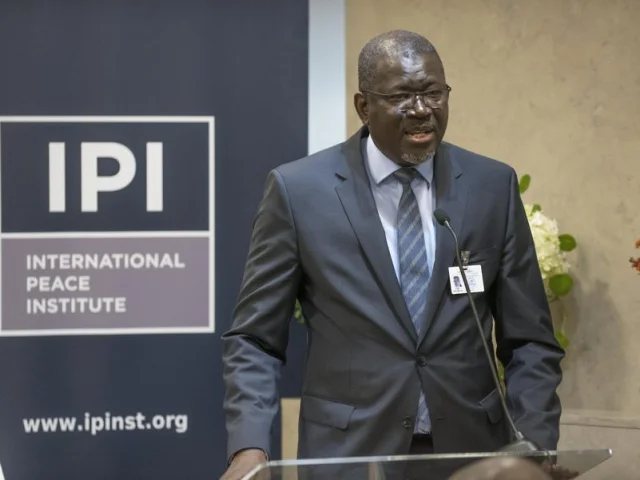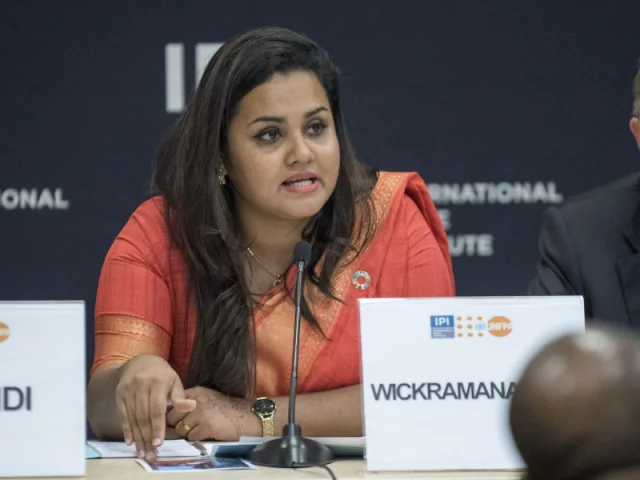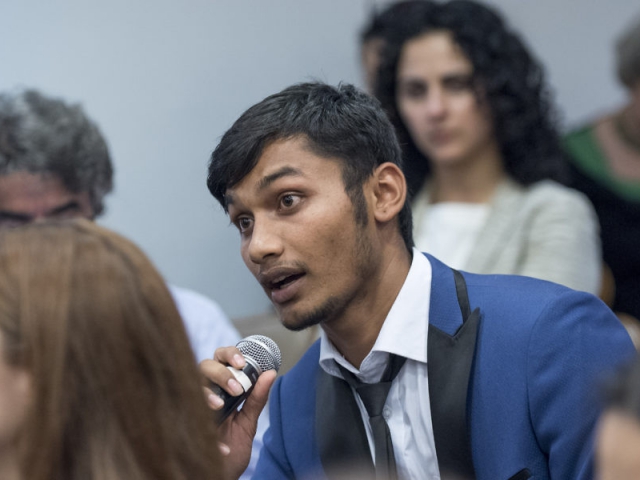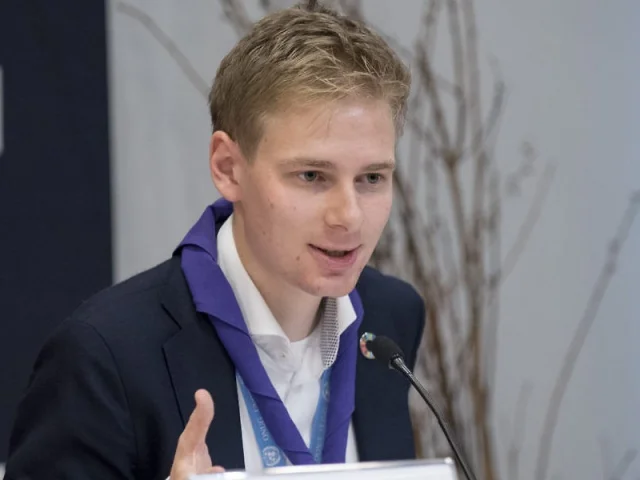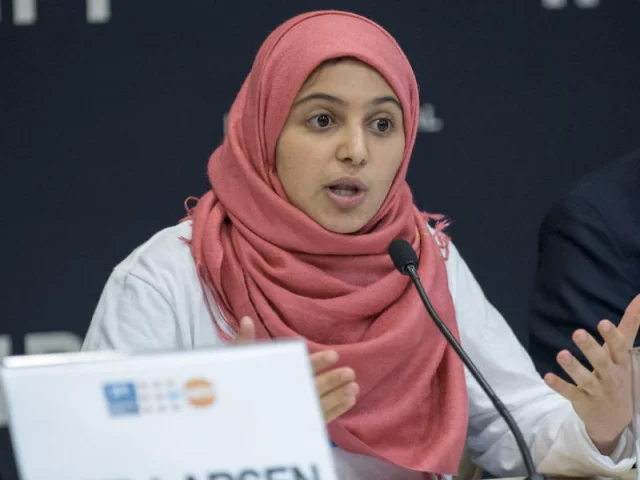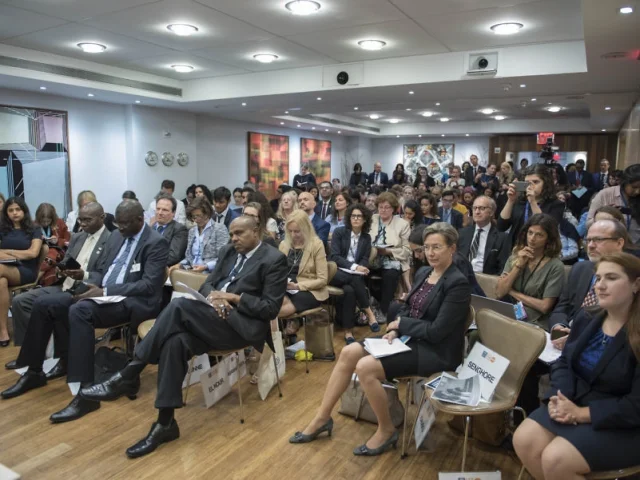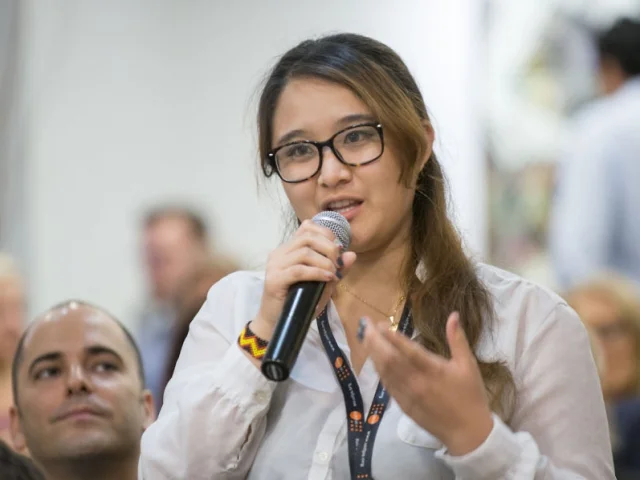The Compact for Young People in Humanitarian Action hosted an event at Women Deliver, in Vancouver, Canada. Women Deliver is the world’s largest conference on gender equality and the health, rights and well-being of women and girls, and was a perfect opportunity to share the work and mission of the Compact.
CARE joins the Compact : Welcome!
CARE recognizes the power of adolescent and youth participation and leadership to drive transformative change in all settings and situations, and as such is proud to partner with governments, private organizations, youth organizations, and other INGOs as a member of the Compact for Young People in Humanitarian Action.
World Refugee Day: Scouts Stands With Refugees
On this World Refugee Day, we honour the Scouts and many other courageous people who support refugees who have fled from their homes because of conflicts or natural disasters. We further encourage and invite more people to take steps, big or small, in solidarity with refugees and internally displaced persons.
ActionAid joins the Compact : Welcome!
We are delighted to announce that ActionAid has formally joined the Compact for Young People in Humanitarian Action. Through the Compact, ActionAid will increase support to young people affected by crises in their struggle to bring new ideas and change and to transform and shape more just, equitable and sustainable societies.
World Food Programme joins the Compact : Welcome!
We are delighted to announce that the World Food Programme has formally joined the Compact for Young People in Humanitarian Action. Through the Compact, WFP will continue to leverage its strengths and capacities to end hunger and malnutrition, focusing on the poorest and most marginalized people in humanitarian contexts, including young women and young men.
Youth Envoy visits Rohingya refugees at Cox’s Bazar
To mark one year since the outbreak of the Rohingya refugee crisis, the UN Secretary-General’s Envoy on Youth, Jayathma Wickramanayake, visited the Cox’s Bazar region of Bangladesh to highlight the need for safe spaces for youth, in particular, for young refugees who lack access to basic human rights.
Ms. Wickramanayake first visited the Kutupalong Camp, the largest and most densely populated refugee camp on our planet, to meet with a group of young refugees who work as Community Outreach Volunteers supported by the UN High Commissioner for Refugees (UNHCR).
Igniting Hope - @ ECOSOC HAS
During the ECOSOC Humanitarian Affairs Segment, under the theme: Restoring humanity, respecting human dignity and leaving no one behind: working together to reduce people’s humanitarian need, risk and vulnerability the government of Denmark, .the government of Qatar, as well as UNFPA, IFRC, Office of the Secretary-General’s Envoy on Youth and the Major Group for Children and Youth on behalf of the Compact for Young People in Humanitarian Action presented the first progress report of the Compact’s first 18 months entitled Igniting Hope
The report is a testimony to the work of the over 50 humanitarian partners including governments, UN entities, international and local NGOs,and major youth organizations which have joined the Compact.
The side event presented the ways in which young people are adapting to and learning from these early efforts, in engaging with each other and serving populations in need. It highlighted good practice examples from Compact members of working with and for young people in humanitarian action and recognized young people as indispensable stakeholders, decision makers, problem-solvers, demographic cohort driving change and resilience strengthening.
The session demonstrated how the Compact has been agenda setting and able to forge consensus on the alignment of policies and strategies in humanitarian action with the key principles of youth engagement , including by connecting with the existing humanitarian architecture and global processes such as the 2030 Agenda, Agenda for Humanity, and the Grand Bargain as well as the Compact for Refugees and the Compact for Safe, Orderly and Safe Migration and the SC Res. 2250 on Youth, Peace and Security
FInally the meeting welcomed the International rescue Committee as an official new members to the ever growing family of the Compact:.
Under the umbrella of the Solferino Academy, IFRC and UNFPA organized a one day Futures and Foresight Workshop as a Session 0 on the agenda of the 3rd Annual Membership Meeting of the Compact For Young People In Humanitarian Action
Banking on the IFRC S2030 development, the workshop introduced Futures and Foresight approaches for scanning the humanitarian landscape to identify strategic opportunities and gamechangers impacting humanitarian eco‐system.
During a number of fun filled and highly interactive sessions, the Compact focal points featured both the inter‐generational collaboration as a key principle of meaningful youth engagement within their work and young people’s abilities as co-facilitators of a high‐level and complex processes leading‐up to development of an institution‐wide strategy.
Overall, the participants were encouraged to use their expertise and respective institutional positions to embark on a guided, engaging and non‐linear journey of exploring the game‐changing factors and strategic opportunities that would shape the humanitarian landscape over the next 10 years, and should therefore guide development of the Global 2020‐2030 Strategy for the Compact.
The Workshop is a result of a collaboration between the IPE and Innovation teams and will be the IFRC Secretariat’s contribution towards delivery on its global role as the Compact’s Lead; responsibility stemming from the IFRC Secretary General’s commitment and carried out in partnership with the UNFPA.
Syrian Teenage Refugee: “I Carried with Me My Hope, and I Carried With Me My Books”
High level political forum organized by IPI and the Compact :
The Role of Young People in the Global Compacts on Refugees and Migration
Muzoon Almellahan was forced to flee Syria in 2013, to spend three years in crowded refugee camps in Jordan before being resettled with her family in the British city of Newcastle, where she is now a high school senior taking university preparatory courses.
“Leaving Syria, my dad told me I couldn’t bring everything and only to bring the most important things, so I told myself to pack my schoolbooks because I believe in education,” she said.
Remembering her departure four years ago from the besieged Syrian city of Da’ara, she said, “I carried with me my hope, and I carried with me my books.”
Filling her bag with books was a decision that led this year to her becoming at age 19 the youngest UNICEF Goodwill Ambassador ever appointed, and a No Lost Generation (NLF) campaign champion for UNICEF Middle East and North Africa. She told her stirring story at a September 18th lunchtime event co-sponsored by IPI and the United Nations Population Fund (UNFPA), entitled “The Role of Young People in the Global Compacts for Refugees and Migration.”
The new global compacts referred to are to be signed next year, to deal with, respectively, commitments to “refugee responsibility-sharing” and “safe, orderly and regular migration,” set in motion by the 2016 adoption of the New York Declaration. The event was designed to provide a platform for young people and their advocates to discuss directly with lead UN and other agencies involved in the consultations and negotiations for the two compacts.
For Ms. Almellahan, the choice of what to focus on was easy. “What I saw in the refugee camp was that many boys and girls had lost hope. They felt that as refugees, it was not important for them to be educated people.” She said that Syria and the world need a strong young generation, “but we cannot build that strong generation without education.”
Julius Kramer, Youth Adviser to the executive board of the World Organization of the Scout Movement, agreed on the centrality of education in helping migrants to adapt to new lands but spoke too of the “non-formal education” that he and his fellow scouts provide in his native Sweden, the country that leads all others in Europe in the per capita number of migrants it received.
“The non-formal education that we do and the safe spaces we create for young people become so much more important when kids don’t have access to formal education in a humanitarian setting,” he said. “Scouts don’t need a classroom to operate.”
Jayathma Wickramanayake, a 26-year-old Sri Lankan who is the UN Secretary-General’s Envoy on Youth, said that the humanitarian community and youth were finding common cause. “From Jordan to Myanmar, from Haiti to Tanzania, from Germany to Greece,” she said, “humanitarian actors are creating spaces for young people, and young people are rolling up their sleeves to increase humanitarian effectiveness and reduce vulnerability, to introduce innovative solutions to serve the needs of affected populations, building hope and resilience in all corners of the world.”
Speaking of the importance of the two global compacts to the world’s youth, Fillipo Grandi, the United Nations High Commissioner for Refugees, pointed out that the majority of the estimated 66 million people who have been forced to flee their homes are young people, as are the majority of people living in the receiving countries. “Remember,” he said, “90 percent of the 66 million are in low or middle income countries where the youth bulge is the biggest.”
And because the average period of exile is 15 to 20 years, he added, young people can end up living their entire youth in exile. “So it’s young people who have the most to lose from an unsupported exile,” he said, signaling education, self-reliance and jobs are the most neglected needs. “We must make sure their needs are adequately reflected,” he said.
Ulla Tørnǣs, the Minister for Development Cooperation of Denmark, said that she had recently been in South Sudan and found that an adolescent girl there is three times more likely to die in childbirth than complete primary school. “This is truly heart-breaking,” “she said and illustrated the need for the compacts to reflect “the nexus between short-term humanitarian assistance and more long-term development cooperation.”
Tørnǣs used her remarks to make a consequential announcement, declaring that Denmark will formally join the Compact for Young People in Humanitarian Action, joining over 50 member organizations who have endorsed the Compact thus far.
In closing remarks, Elhadj As Sy, Secretary-General of the International Federation of the Red Cross and Red Crescent Societies, told the young participants that “you humbly said that we young people need you, but I can tell you that we all need young people to inspire, to tell your stories, to lead today and in the future, to question the challenges and push the envelope.”
Making opening remarks were Benoit Kalasa, Director of the Technical Division of UNFPA, and IPI President Terje Rød–Larsen, who also moderated the discussion.

